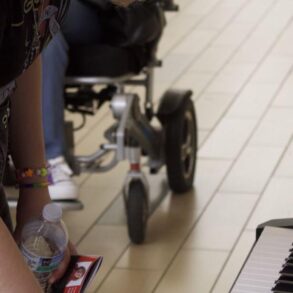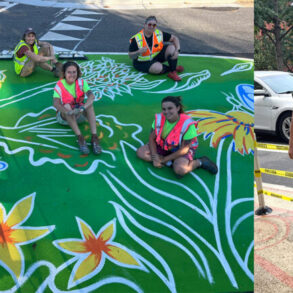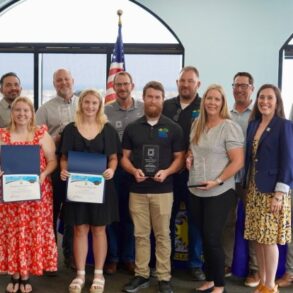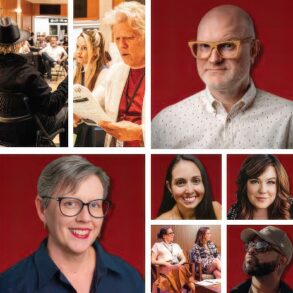Click play to listen to this article.
(Wyoming News Service) Wyoming artists of all varieties will be able to access tools needed to survive as a viable business through artsWORK, a new series aiming to strengthen the state’s creative economy.
Beth Venn, executive director of the Neltje Center for Excellence in Creativity and the Arts, said the program will feature a series of professional development workshops.
And a new online resource hub will offer tools for building business plans and websites, and strategies for finding funding, public art commissions and residencies.
“Or if you’re a writer, where can you really start to get an agent, to get a publisher,” said Venn. “Those are the kinds of resources that we are going to be putting on this hub, so that they will be evergreen and always there and accessible to people.”
This year’s program is made possible by $1.1 million set aside by state lawmakers through the Wyoming Innovation Partnership, or WIP, designed to spur economic development.
In 2020, the arts and culture sector contributed $1 billion to Wyoming’s economy, according to federal data, supporting over ten thousand jobs.
To sign up at no charge, visit ‘uwyo.edu/as/wip.html.’
In addition to four day-long workshops starting March 9, Venn said there will be a “shark tank” type of competition.
Artists can pitch their project proposal to a panel of judges, and ten finalists will receive up to $25,000 to help get their project off the ground.
“The judges will be looking at ‘what is this person’s business plan?'” said Venn. “‘How are they filling a niche that has not already been filled. What makes their product unique, what kind of audience is there for this product or service or performance, or whatever it may be?'”
Venn said the aim of artsWORK is to strengthen communities across the state by investing in their cultural life, whether that’s making space for kids to attend dance or art classes, or launching a series of live music performances at a local brew pub.
“When cultural opportunities are provided to communities, it increases the pride in the community,” said Venn. “It increases people’s involvement with their community and with their neighbors.”
This post was originally published on this site be sure to check out more of their content




